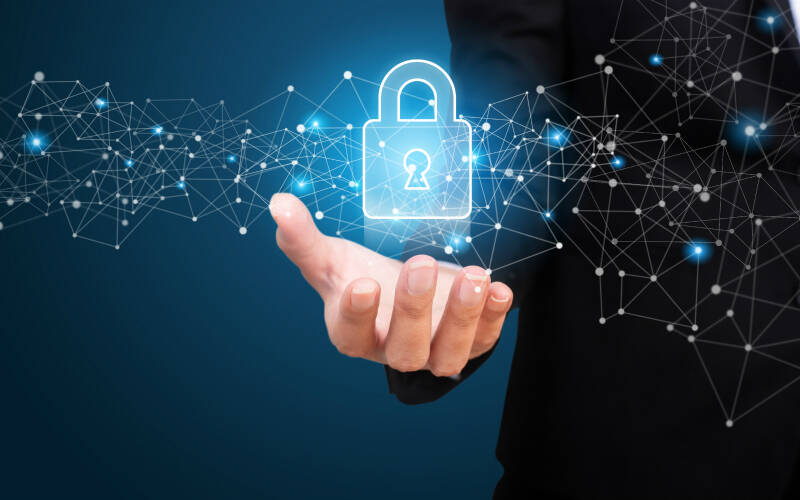Even though the internet has been widely available for over two decades now, we are still learning about it. For a long time, people didn’t understand how digital services and data work. On the plus side, users are becoming more aware of how their data is being used online.
Naturally, they want to protect themselves as best as they can. Sadly, not many people know how harmful social media can be for data privacy.
People often use multiple social networks daily. Everyone shares a lot of personal information on social media, and there is a lot of room for abuse and misuse of this information. You need to understand where the dangers are coming from and how to protect your data.
Why Social Media Data Privacy is Important
Ever since social media became a thing, there have been several cases of major data breaches. The most influential scandal is the case of Facebook and Cambridge Analytica. In this case, the private data of thousands of social media users was collected on false claims and used for political campaigns. While this example is the most notorious, there are many privacy concerns surrounding social media.
A lot of big data organizations have been going through social media. Their goal is to collect information about users for the purpose of advertisement. Cambridge Analytica is just one of those examples.
In many cases, all of the public information that people share is available to companies on the platform and the firms that own the social network. At the same time, a variety of services and apps that work on social media collect user information daily.
But it’s not just about those large scandals that go into the public. Each individual needs to protect their data as best as they can. Who knows how many examples there are of people losing their private data on social media that we haven’t even heard of?
Most Common Data Security Threats on Social Media
Each social media is different, but security threats come in similar forms. However, not all threats are the same, and they come at people from different angles.
Fake or dangerous content
Fake social media apps and quizzes are very often the places where it all starts. First of all, there are fun and quirky apps that collect your personal information. Most users agree to this without considering it. On the other hand, there are also fake apps that have viruses.
Phishing scams
Phishing is a type of scam where someone presents themselves as a company or some sort of professional. They send out links to social media that have malicious content or ask for passwords and account information.
Phony giveaways
Many companies and individuals on social media use fake events, rewards, and giveaways to gather people’s information. They will often fish for likes, comments, but also email addresses and other personal information.
Identity thefts
People often feel too relaxed with social media. They often post personal information like their full names, date of birth, places they live, phone numbers, places they are visiting, and so on. With all of this information, a hacker can quickly learn more about you and steal your identity. Additionally, many experts have recommended avoiding posting content in real-time.
How to Protect Your Data on Social Media
The good thing is that, with a bit of effort, everyone can protect their data on social media. Here are some things you can do.
Learn to recognize clickbait
Beware of third-party apps, ads, and posts with hyper-amazing titles. If you see something like “win $500 right away,” stay clear of it. Nobody is going to give you anything for free; it’s all just clickbait. Learn how to recognize these posts.
Don’t post personal information on social media
Don’t post your personal information of any kind. Also, make sure to think twice before posting photos. If you show your whereabouts too often, you might become a target for cybercriminals.
Use a VPN
A Virtual Private Network is a safety tool that gives you more privacy when going online. It encrypts your connection and makes it difficult for someone to see your data. At the same time, a VPN hides your IP address, preventing IP-based tracking. While it won’t necessarily make you 100% anonymous online, traffic encryption and IP-masking halt many attempts to track you online.
Keep account information to a minimum
All social media networks let you adjust your account information. Don’t include your email, phone number, place of work, home address, school, or any personal information.
Turn off location sharing
When your location-sharing is turned off, the social network and the apps within it will track your movement. It will make it easier for someone to know where you are moving in the real world. At the same time, this will trigger more advertisements for you.
Conclusion
In the end, remember to create a strong password and an email dedicated to your social media account. Don’t use a single email for social media, work, and personal needs. Separate all of them to keep your data separate into multiple places.




